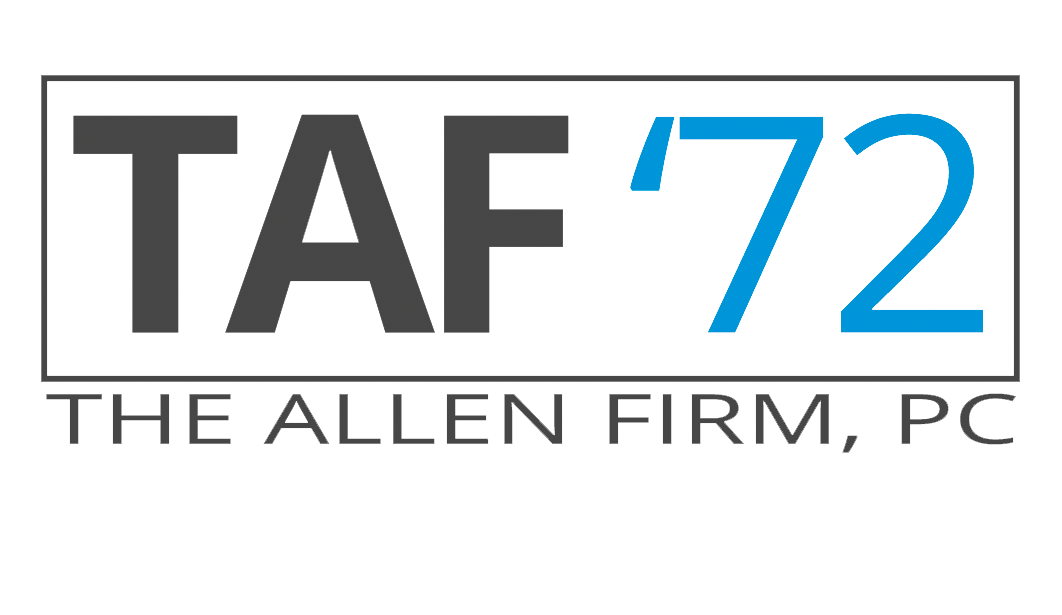No Will Affidavit Method vs.
Short Method with Will
Texas law provides for four types of actions to take place in the court with regard to the estate of a deceased person (“Decedent”):
- Collection of Small Estates Upon Affidavit or No Will Affidavit Method;
- Probate of a Will as a Muniment of Title or Short Method with Will;
- Probate of a Will; and
- Administration of an Estate.
For the first part of this series, we will walk through the difference between the no will affidavit method and the short method with will. Probate of a Will and Administration of an Estate will be covered in the second part of this post. Each of these processes is used in very specific circumstances and it is good to know the nuances of each. Two simple and cheaper alternatives to a full estate administration are called Collection of Small Estate Upon Affidavit. We will call this the no will affidavit method. The other method is called the Probate of a Will as a Muniment of Title or the short method with will.
No Will Affidavit Method
Collection of small estate upon affidavit is used when a person dies without a will and owning no real property except for a homestead. The total value of the estate (except for the homestead and other exempt property) must be less than $50,000.00. It is also necessary that the assets of the estate exceed any debts and liabilities. This action cannot be filed unless the Decedent has been dead for at least 30 days. In order to use the collection of small estate upon affidavit alternative, you must have an accurate description of the assets owned by the Decedent. The court will require all of the assets, debts and liabilities to be listed in the affidavit. All of the debts and liabilities must also be listed. Additionally, the affidavit must be signed and sworn to by two disinterested witnesses and all distributes of property.
To recap, the no will affidavit method alternative can be used if the following requirements are all met:
- Decedent died without a will;
- The assets of the estate exceed the liabilities;
- Estate contains no real property except for the Decedent’s homestead;
- No petition for the appointment of a personal representative is pending or has been granted;
- Thirty days have elapsed since the death of the Decedent; and
- The value of the entire assets of the estate, not including homestead and exempt property does not exceed $50,000.00.
Short Method With Will
This is a quick and relatively inexpensive way to transfer property when the Decedent dies with a will and without any debts. When a will is probated using the short method of will, the will itself passes title to the property owned by the Decedent to the beneficiaries under the will. There are no additional transfer documents that are required to transfer title, however, depending on the circumstances additional documents may be prepared to put the public on notice of the change in ownership. In order for a court to admit a will to probate using this method, the will must be clear with regard to who the beneficiaries and to what property the beneficiaries are entitled. The court will not interpret the will or provide a clarification of the terms of the will.
In order to qualify for probate using the short method there must be no unpaid debts of the estate except debts secured by real property. The law also requires that a person offering a will to probate using the short method wait at least 30 days after the date of death in order to ensure that there are no unknown debts.
To recap, the short method with will procedure can be used if the following requirements are all met:
- Decedent died with a will;
- There are no debts of the estate except those secured by real property; and
- There is no necessity for administration.
The Takeaway: If an estate meets the requirements of either of the methods described in this post, these processes can be cheaper and quicker than a traditional estate administration.
– The Business Team
Scott | Josh | Jeremy
The Allen Firm, PC
181 S. Graham Street | Stephenville, Texas 76401
Ph: 254.965.3185 | Fax: 254.965.6539

